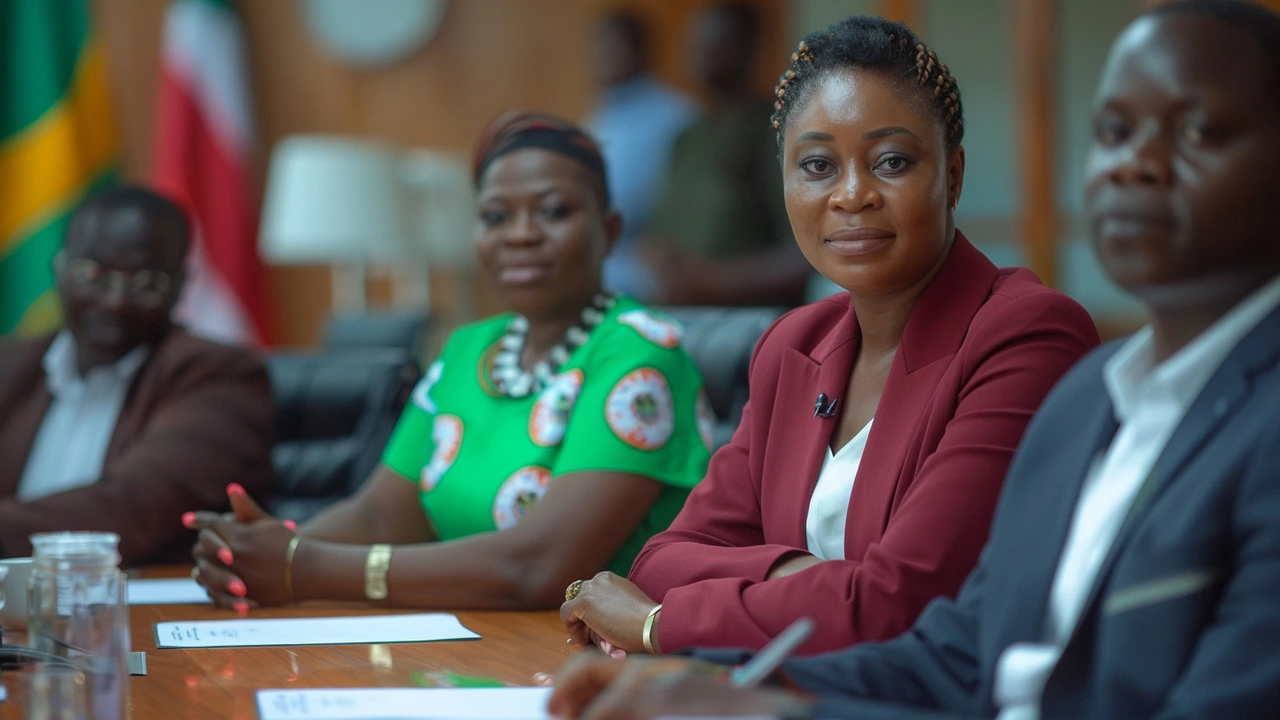Introduction to the MicroGREEN Project
The African Development Bank (AfDB), in collaboration with Invest in Africa, has recently unveiled the MicroGREEN project. This significant initiative, endowed with a $1 million fund from the Youth Entrepreneurship and Innovation Multi-Donor Trust Fund, seeks to cultivate 500 job opportunities in the green sector. The project's geographical focus is on Ghana and Senegal, targeting primarily marginalized groups such as young women, young individuals with disabilities, and other young people from vulnerable sectors.
These efforts come at a critical time as both nations strive to combat the adverse effects of climate change while simultaneously tackling persistent poverty issues. The MicroGREEN project aligns with the Nationally Determined Contributions (NDCs) towards climate action and the global Sustainable Development Goals (SDGs), pushing forward an agenda that combines environmental sustainabilities with economic opportunities.
The Role of Green Jobs and Business Development Services
The MicroGREEN project is not just about creating jobs but also about providing robust business development services. These services are designed to empower beneficiaries by enhancing their skills for better employability in the emerging green sectors.
In addition to job creation, the project will facilitate the integration of these marginalized groups into the economy through value chain-based development of small and medium enterprises (SMEs). This comprehensive approach ensures not only the provision of jobs but also the creation of a sustainable business ecosystem where the beneficiaries can thrive.
Stakeholder Engagement and Support
In a statement, Solomon Amponsah, representing Ghana’s Finance Ministry, articulated the government's endorsement and active support for the project. A hybrid launch event was organized, bringing together government officials, project leads, representatives from civil society organizations, and partner agencies from the social sector. This diverse gathering highlighted the broad base of support for the MicroGREEN project and its objectives.
The initiative will also support intermediaries that provide needed backing and financing to entrepreneurs and micro, small, and medium-sized enterprises (MSMEs) within the targeted sectors.
Impact on Local Communities and Economies
The strategic focus on vulnerable groups is expected to have a transformative impact on local communities. By providing accessible green job opportunities, the project empowers these groups to become proactive participants in their economies.
This empowerment is envisaged to ripple across communities, enhancing economic stability and contributing to poverty alleviation. The targeting of vulnerable groups, such as disabled individuals and young women, is particularly impactful, as these groups often face significant barriers to employment and economic participation.
Conclusion
The MicroGREEN project by the African Development Bank and Invest in Africa represents a forward-thinking approach to sustainable development. It is a prime example of how initiatives tailored to address both environmental and social challenges can lead to substantial economic and social benefits.
As the project progresses, it will be essential to monitor its impacts and ensure that it achieves its goals of creating robust economic opportunities in the green sectors for those who need them most.
